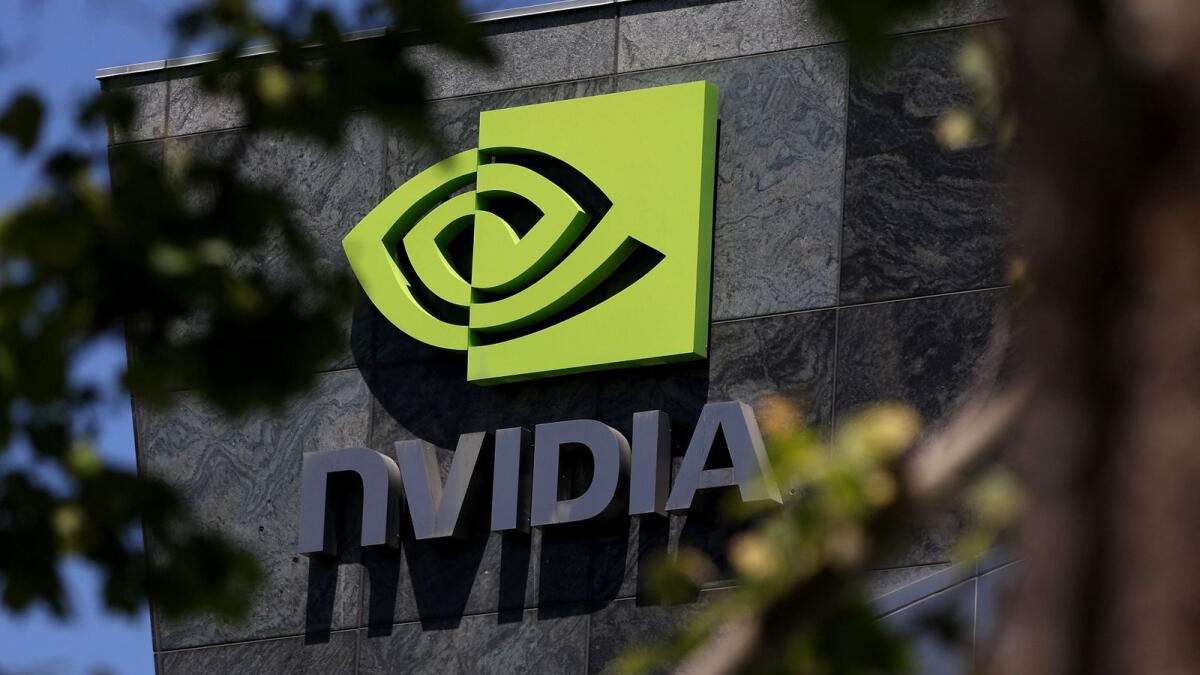Investors are currently faced with a dilemma as the possibility of looming US interest rate cuts is prompting a choice between sticking with the Big Tech stocks that have been driving returns or exploring other areas of the market that could benefit from monetary easing. Investing in tech giants such as Nvidia, Microsoft, and Amazon has been a highly profitable strategy, reminiscent of the dot-com bubble of the late 1990s.
However, the recent cool inflation report has solidified expectations for a near-term rate cut by the Federal Reserve, which could be beneficial for sectors that have lagged behind this year, including small-caps, real estate, and industrials. Market activity at the end of the week showed signs of a potential shift as the tech-heavy Nasdaq 100 experienced its biggest drop of the year while the small-cap Russell 2000 had its best day of 2024.
The equal-weight S&P 500, which represents the average stock in the index, also outperformed the traditional index heavily influenced by large tech and growth stocks. This shift in market dynamics could be a result of the one-sided nature of the trade and a potential reversal as broadening market sectors start to gain momentum.
Smaller companies, biotech firms, and industrial companies that rely heavily on credit are expected to benefit the most from lower rates. Lower yields on bonds could also make equity valuations more attractive, potentially leading to increased investment in the stock market across multiple sectors.
Despite the potential benefits of a broadening market, many investors remain skeptical that they will completely move away from megacap tech stocks, which are expected to be more resilient in uncertain economic environments. The artificial intelligence theme that has been exciting investors this year is also centered around megacap tech stocks, further supporting their appeal in the market.
While a broadening of stock buying may be on the horizon, the dominance of the AI thesis could continue to support megacap tech stocks and make it challenging for them to drop significantly. However, any sustained move away from megacap stocks could pose risks due to their heavy weightings in major indexes, potentially causing a decline in the entire market if these stocks weaken. It remains to be seen how investors will navigate these shifting market dynamics in the coming months.











